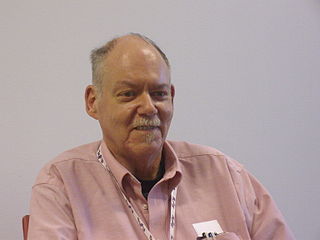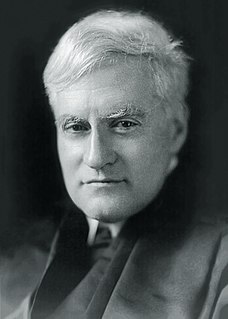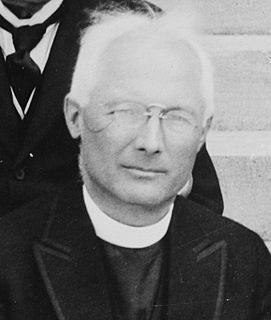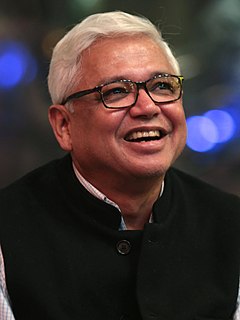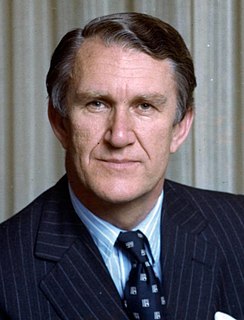A Quote by Glen Cook
I'm a bad man. I need to understand the past. It illuminates the present.
Related Quotes
History in Burckhardt's words is 'the record of what one age finds worthy of note in another.' The past is intelligible to us only in light of the present; and we can fully understand the present only in light of the past. To enable man to understand the society of the past and to increase his mastery over the society of the present is the dual function of history.
We learn in the past, but we are not the result of that. We suffered in the past, loved in the past, cried and laughed in the past, but that's of no use to the present. The present has its challenges, its good and bad side. We can neither blame nor be grateful to the past for what is happening now. Each new experience of love has nothing whatsoever to do with past experiences. It's always new.
You can make the argument that there's no such thing as the past. Nobody lived in the past. They lived in the present. It is their present, not our present, and they don't know how it's going to come out. They weren't just like we are because they lived in that very different time. You can't understand them if you don't understand how they perceived reality.
Today is tomorrow, and present is past.
Nothing exists and everything will last.
There is no beginning, there was no end.
No depth to fall, no height to ascend.
There is only this moment, this flicker of light
That illuminates nothing, but oh! So bright!
For we are the spark that flutters in space,
Consuming an eternity of a moment’s grace.
For today is tomorrow and present and past.
Nothing exists and everything will last.
Man can only be certain about the present moment. But is that quite true either? Can he really know the present? Is he in a position to make any judgment about it? Certainly not. For how can a person with no knowledge of the future understand the meaning of the present? If we do not know what future the present is leading us toward, how can we say whether this present is good or bad, whether it deserves our concurrence, or our suspicion, or our hatred?
Marriage is an effort to legalize love. It is out of fear. It is thinking about the future, about the tomorrows. Man always thinks of the past and the future, and because of this constant thinking about past and future, he destroys the present. And the present is the only reality there is. One has to live in the present. The past has to die and has to be allowed to die.
Most people have learned to live in the moment. The argument goes that if the past has uncertain effect on the present, there is no need to dwell on the past. And if the present has little effect on the future, present actions need not be weighed for their consequence. Rather, each act is an island in time, to be judged on its own. ... It is a world of impulse. It is a world of sincerity. It is a world in which every word spoken speaks just to that moment, every glance given has only one meaning.
But the past does not exist independently from the present. Indeed, the past is only past because there is a present, just as I can point to something over there only because I am here. But nothing is inherently over there or here. In that sense, the past has no content. The past - or more accurately, pastness - is a position. Thus, in no way can we identify the past as past
The past is of no importance. The present is of no importance. It is with the future that we have to deal. For the past is what man should not have been. The present is what man ought not to be. The future is what artists are.
The facts: nothing matters but the facts: worship of the facts leads to everything, to happiness first of all and then to wealth.
